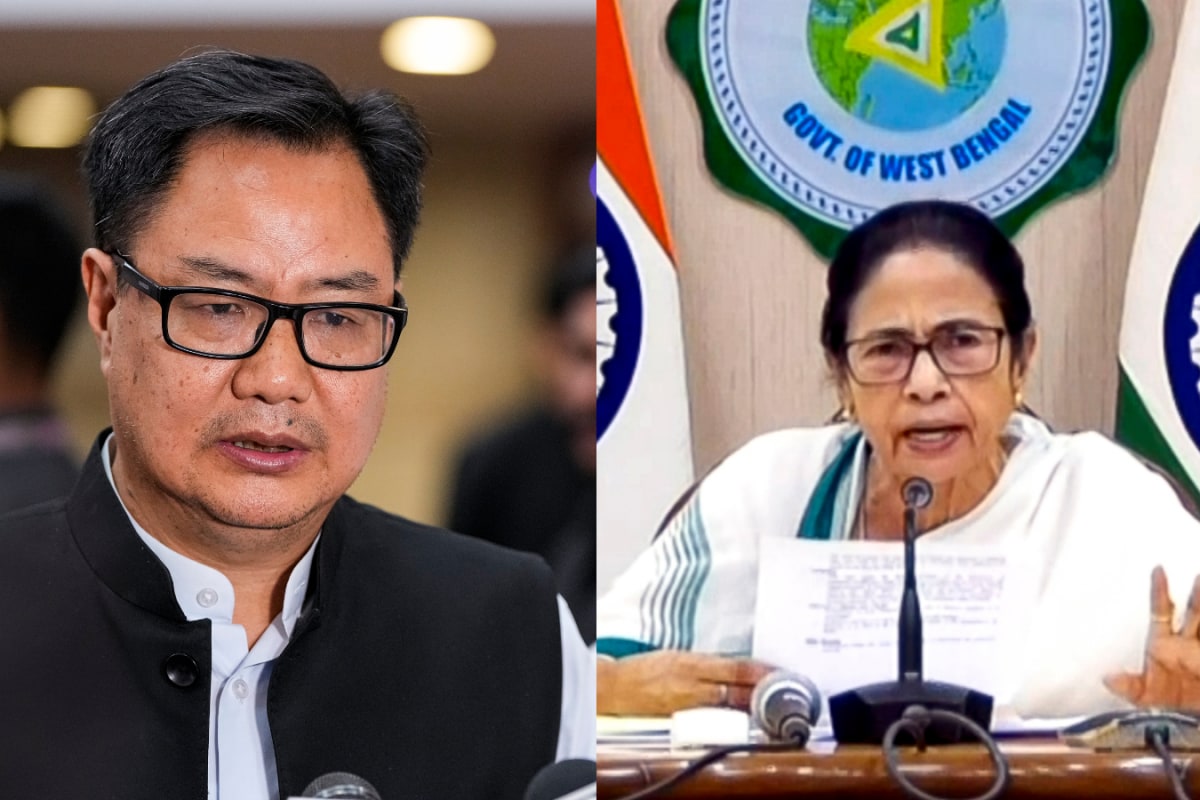

The Narendra Modi government has reportedly secured the support of the Trinamool Congress (TMC) to initiate impeachment proceedings against Justice Yashwant Varma of the Allahabad High Court. This development follows the surfacing of a corruption case involving Justice Varma, centering around the discovery of unaccounted cash at his Delhi residence earlier this year.
The road to securing TMC's backing reportedly involved strategic communication and persuasive efforts from key figures within the Modi administration. Sources suggest that two phone calls played a crucial role in swaying the TMC's stance. The first call, reportedly made by a senior Cabinet Minister, conveyed the gravity of the situation and the government's commitment to upholding judicial accountability. This call emphasized that the impeachment motion was not politically motivated but rather a necessary step to maintain the integrity of the judiciary. The second call, allegedly from a top official in the Prime Minister's Office (PMO), provided further assurances and addressed specific concerns raised by the TMC leadership.
The TMC's initial reluctance reportedly stemmed from concerns about setting a precedent for the executive branch to interfere with the judiciary's independence. However, the Modi government successfully assuaged these concerns by presenting compelling evidence and highlighting the severity of the allegations against Justice Varma. The government also emphasized that the decision to pursue impeachment was based on the findings of a Supreme Court-appointed inquiry panel, thereby underscoring the judiciary's own role in identifying the alleged misconduct.
The incident that triggered the impeachment proceedings was a fire at Justice Varma's Delhi residence in March, which led to the discovery of a substantial amount of burnt, unaccounted cash. A three-member inquiry committee, led by Chief Justice Sheel Nagu, was formed by then Chief Justice of India Sanjiv Khanna to investigate the matter. The panel's report concluded that Justice Varma and his family had "covert or active control" over the storeroom where the cash was found, deeming it a serious misconduct warranting his removal from office.
Following the inquiry, Chief Justice Khanna reportedly advised Justice Varma to resign to avoid impeachment. However, Varma refused, prompting Khanna to write to the President and Prime Minister, recommending impeachment proceedings. Consequently, Justice Varma was transferred to the Allahabad High Court and was divested of judicial work.
With the TMC's support secured, the Modi government is now reportedly engaging with other opposition parties to build a consensus for the impeachment motion during the upcoming Monsoon session of Parliament. Parliamentary Affairs Minister Kiren Rijiju has stated the government's desire for a collaborative effort, emphasizing that corruption in the judiciary should not be approached through a "political prism".
The impeachment process, as outlined in the Judges (Inquiry) Act of 1968, requires a motion to be moved in either the Lok Sabha (with the support of at least 100 members) or the Rajya Sabha (with the support of at least 50 members). If the motion is admitted, a three-member committee is constituted to investigate the charges. If the committee finds the judge guilty of misconduct, the motion for impeachment must be passed by a two-thirds majority in both Houses of Parliament.
The impending impeachment motion against Justice Varma has ignited a debate on judicial accountability and the balance of power between the judiciary and the executive. While some argue that the government's actions are a necessary step to maintain the integrity of the judiciary, others express concerns about the potential for political interference. The outcome of this case will likely have far-reaching implications for the Indian judicial system and the relationship between the different branches of government.